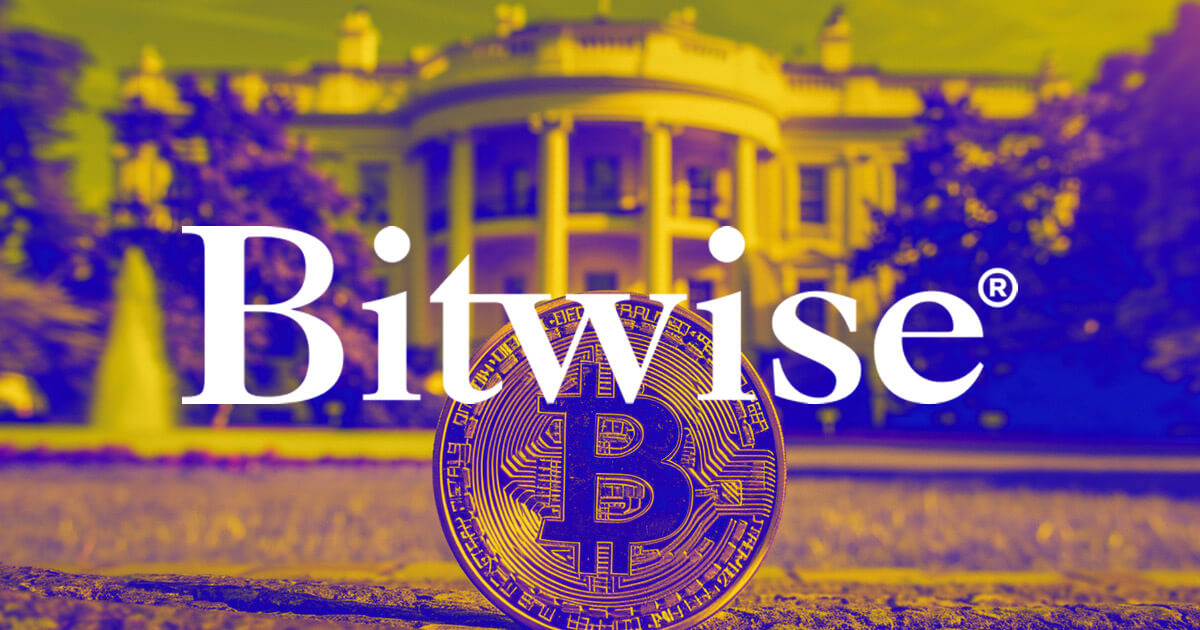
Bitwise CIO Matt Hougan believes the market is underestimating the significance of Washington’s changing attitude toward cryptocurrencies
Hougan said in a June 4 memo that the US political landscape regarding crypto has shifted significantly toward a more positive stance in recent weeks, and that the market would already be at a new all-time high if its impact had been priced in .
He added that the changing tides in Washington could unlock substantial “alpha,” a term used to describe an investment strategy’s ability to outperform the market.
Changing tides
Historically, crypto has been a partisan issue, with Republicans generally supporting it and Democrats showing resistance. Hougan cited Senator Elizabeth Warren (D-MA), who last March announced plans to “build an anti-crypto army” as an example of Democratic opposition.
However, crypto advocates have strategically built political influence, culminating in significant legislative action.
On May 8, 21 House Democrats joined Republicans in voting to repeal SAB 121, a controversial SEC rule that bans major banks from holding crypto. The Senate followed suit, with ten Democrats, including Senate Majority Leader Chuck Schumer, joining the Republican Party in support of the repeal.
This marked the first positive legislative action on crypto in U.S. history.
Further momentum came on May 20, when 71 Democrats joined 208 Republicans in the House of Representatives to pass FIT21, a comprehensive crypto bill that would shift primary oversight to the crypto-friendly Commodity Futures Trading Commission (CFTC).
Additionally, the SEC, led by Democratic-appointed chairman Gary Gensler, approved filings to list spot Ethereum ETFs, a move few expected.
Despite this progress, crypto faces ongoing political challenges. President Joe Biden recently vetoed the repeal of SAB 121, highlighting the complex regulations. However, Hougan sees these developments as a turning point.
He said:
“Crypto still has a long way to go politically. But the wind is starting to change.”
End of regulatory uncertainty
Hougan believes the broader market has not yet recognized the implications of these political shifts. He said regulatory uncertainty has long been a primary concern for financial advisors and Wall Street institutions.
A recent survey from Bitwise found that 64% of U.S. financial advisors cite regulatory uncertainty as the top barrier to increasing cryptocurrency exposure in their portfolios. Hougan argues that once this barrier is lifted, a significant portion of the estimated $20 trillion managed by these advisors could flow into crypto.
The potential impact on Wall Street is equally substantial. Major financial institutions have hesitated to fully embrace crypto due to regulatory concerns. Hougan suggests that if Wall Street were to accept crypto as a mainstream asset, the market could reach new heights.
While the broader market remains largely indifferent to these changes, Hougan believes this presents an opportunity for savvy investors. He said:
“The market will wake up to the fact that we are in a new era for crypto. Until that happens, there may be some alpha lurking around.”

